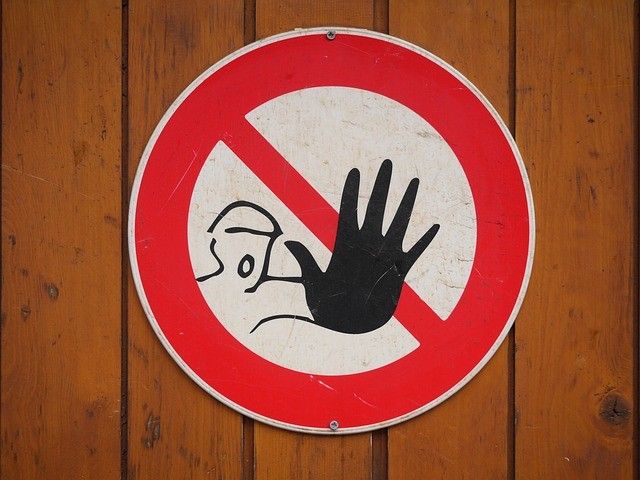
As the mining industry has picked up, scammers have appeared, to take advantage of jobseekers. Here’s how to avoid them.
Mining industry recruitment scammers are back. We shouldn’t be surprised: the industry has picked up pace, and there are always people looking to make a quick buck off the unsuspecting.
We saw it during the last mining boom, when websites appeared targeting people who wanted to get a start in the resources sector. Many of these websites offered a guaranteed start in the industry. Others offered a list of suitable jobs or a guide on how to get into mining.
The common theme among all of them was they required an individual to pay upfront for any of the services or information offered. Some of these sites were charging up to $900 for the information. These pages look legitimate because they feature “real-life” stories and case studies.
To be clear, it is a criminal offence in Australia to charge a jobseeker a fee to find them a job.
The Australian Government’s Scamwatch lists several ways jobseekers can avoid being scammed. Not all of them are pertinent to the mining industry, but it’s still worth knowing, and possibly even sharing within your networks.
How mining jobseekers and trainees can spot a scam
Here’s our advice, specific to the mining industry:
- If you’re registering with a recruitment company, check to see if they are a member of the Recruitment, Consulting and Staffing Association. Most recruitment companies in Australia and New Zealand are members of the RCSAand members must abide by a professional code of conduct.
- Do a Google search for the company and see what reviews are listed. Check online discussion forums, chat pages and other places you might find feedback from real people.
- One of the websites identified in the previous boom used bogus street or office addresses. Do a Google search of the address listed. Often the address is a real street and suburb, but the actual street number or unit does not exist.
While none of these are foolproof checks, at least if anything looks wrong, you’re more likely to progress with more research rather than pay the money for information that is often available with a bit of research and networking.
A quick internet search that takes a few minutes could save you several hundred dollars.
Who is most likely to fall for a scam?
A study by the Financial Fraud Research Center at Stanford University’s Center on Longevity found that fraud comes in all shapes and sizes — as do its victims.
Generally, scammers target a person’s vulnerabilities — and all of us are vulnerable sometimes.
Think about times when you are tired, rushing out the door, worried about something, or you’re simply unwell. We can all be caught off guard, or at times we can unknowingly give away information on social media or during a phone call from a supposedly legitimate organisation. It can and has happened to many people who thought ‘it would never happen to me.’
Finally, check out this list on ways to protect yourself from scams. There is a lot of information online, and on some sites you can even subscribe for the latest alerts to ensure you and your family are informed.
As a jobseeker or applicant, it is important to remember that no legitimate organisation or recruitment company will ask you to pay money for any part of the recruitment process.
If you are seeking a new role in the resources sector, check out our vacancies, here.
Keen to know about any mining jobs that might be perfect for you, as soon as they come up? Sign up for our free job alerts service.